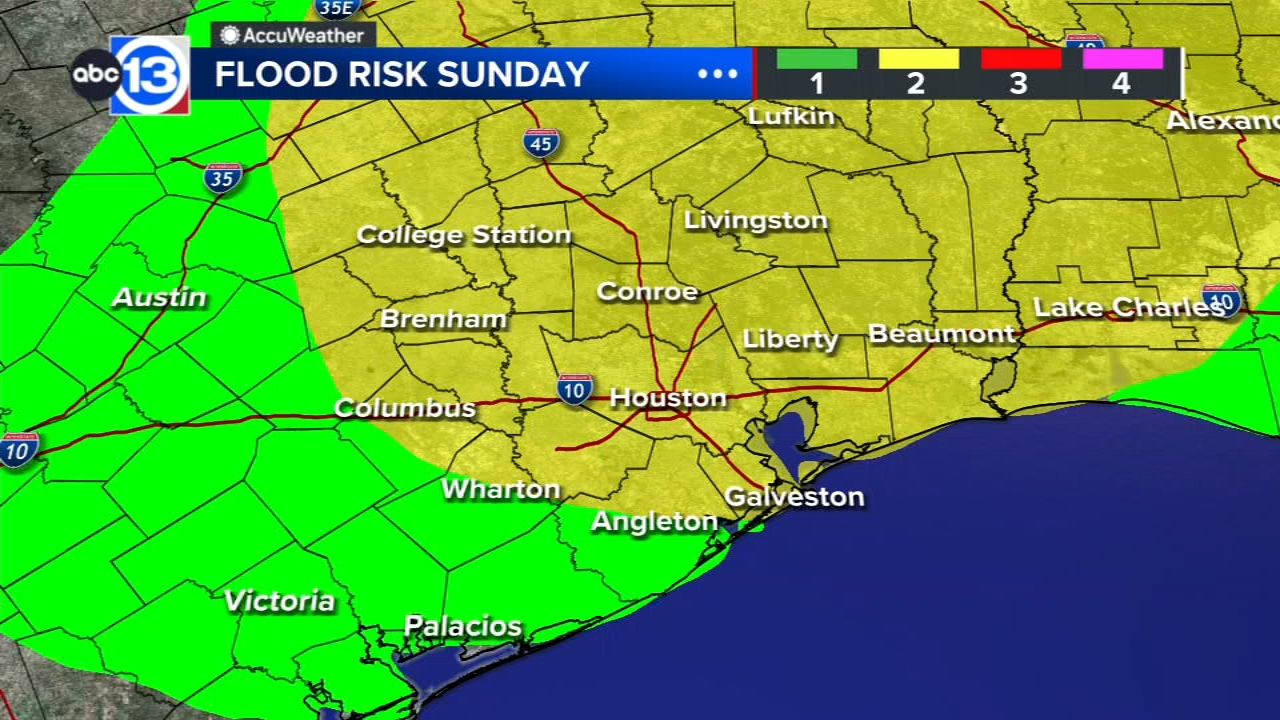Sleep apnea affects millions who may not even know it, according to expert

HOUSTON, Texas (KTRK) -- All week, ABC13 is helping you get better sleep.
On Tuesday, we are talking about a potentially life-threatening disease that affects millions of Americans, but only a small percentage of people know about it, according to sleep experts.
Dr. Candice Alfano, a sleep researcher and clinician at the University of Houston, showed Eyewitness News what results from a sleep study look like.
"This person is struggling to breathe here," Alfano said.
"This is what an apnea looks like," she said while pointing to her computer screen, showing us what brain activity looks like during a person's sleep.
In fact, it may come as a surprise to many, but in most cases, she says, "It's a bed partner who says, 'Hey, you stopped breathing during sleep, or you gasp, or you snore very loudly.'"
That's why Alfano says Obstructive Sleep Apnea can be life-threatening since a person will start and stop breathing all night long.
RELATED: ABC13's 'sleep week' kicks off with insomnia: Recognizing the signs and symptoms

"Our heart is working overtime all night, and so one of the problems of OSA is the person will wake up feeling as if they never slept because they woke up all night long, but the bigger issue is the stress it puts on the cardiovascular system," Alfano said.
According to the American Medical Association, it is believed that more than 30 million people have sleep apnea in the United States, and there are some additional symptoms to look out for - waking up with a dry mouth, headache, feeling unrefreshed, or having other risk factors like being overweight.
Alfano said certain facial features have also been linked to sleep apnea.
"Maybe they have a more narrow airway or a smaller jaw or pushed-back chin. Certain disorders like Down syndrome are associated with obstructive sleep apnea because the tongue is typically enlarged in Down syndrome," she said.
Carter Baker, a research coordinator in the sleep department at UH, says he's very familiar with all the symptoms and statistics since it hits close to home.
Baker's father is currently living with OSA.
"Snoring, and he has these difficulties where he wakes up and gasps for air, which causes him to wake up frequently throughout the night," he said, describing what OSA sounds like.
Baker said his father will be looking into treatment, but first, he'll have to go through a sleep study.
Alfano said that's the only way an official diagnosis can be made before further treatment. She also mentioned infants can suffer from OSA as well, often because of enlarged tonsils. It's something she says parents should be mindful of if their child snores loudly or gasps throughout the night.
SEE ALSO: Could a weighted blanket be the cure to your sleeping struggles?









